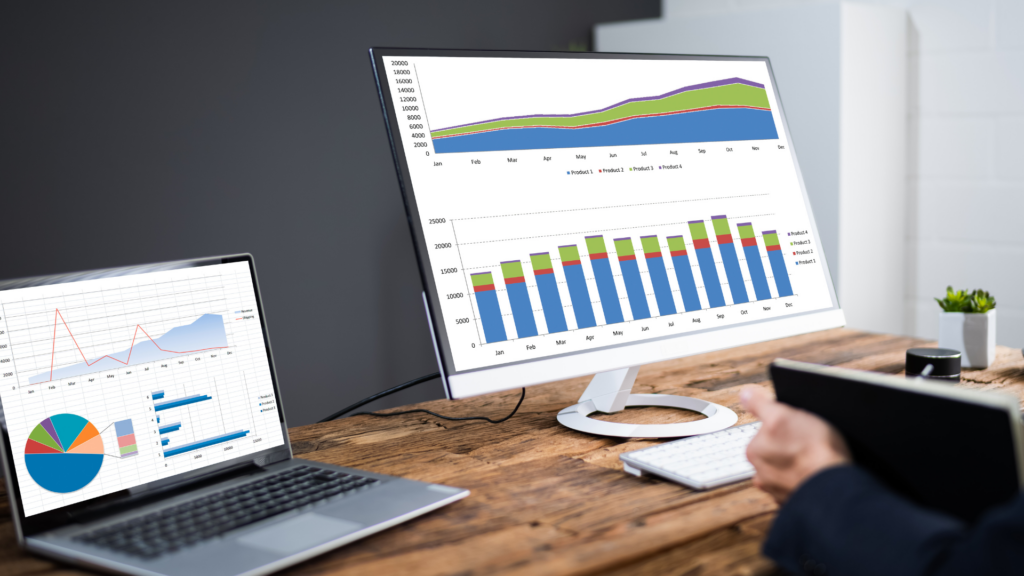
What is analytic epidemiology?
Epidemiology is a field of study that deals with the distribution and determinants of diseases in populations. Analytic epidemiology is an essential element of this field, as it involves analyzing data collected during disease outbreaks to understand how and why the disease spread. In this blog, we will provide a definitive guide to analytic epidemiology, discussing its significance, methods, and application in public health.
What is Analytic Epidemiology?
Analytic epidemiology is a branch of epidemiology that delves deeper into the factors that contribute to the occurrence and spread of a disease. The main goal of analytic epidemiology is to understand the cause and effect relationship between the potential risk factors and health outcomes, using advanced statistical methods and experimental designs.
Significance of Analytic Epidemiology
Analytic epidemiology is incredibly important in public health as it helps identify preventable risk factors and underlying causes of diseases. This information can help policymakers and healthcare providers design and implement effective interventions and preventive measures. Analytic epidemiology plays a critical role in disease surveillance, determining outbreak patterns, identifying high-risk populations, and estimating the burden of disease.
Methods used in Analytic Epidemiology
Several methods and study designs are used to conduct analytic epidemiology studies, including case-control studies, cohort studies, randomized controlled trials, and cross-sectional surveys. In case-control studies, patients who have a specific illness (cases) are compared to those without the illness (controls) to determine the factors that may have contributed to the development of the disease. Cohort studies, on the other hand, use large groups of people who share similar characteristics to determine the causes of the particular disease. Other methods, such as randomized controlled trials and cross-sectional surveys, are also used in analytic epidemiology to test new treatments or determine the prevalence of disease.
Application of Analytic Epidemiology
Analytic epidemiology is widely used in both research and public health practice. Its applications range from understanding the causes of chronic diseases such as heart disease or cancer to the development of public health policies such as vaccination programs. Analytic epidemiology can also be used to study the disease patterns and trends within different populations. This information is essential to tailor health interventions to the specific needs of the population, especially in low and middle-income countries where resources are often limited.
Conclusion:
Analytic epidemiology is an indispensable tool in the field of public health. By identifying the causes of health issues and evaluating different interventions, analytic epidemiology helps policymakers and healthcare providers to make informed decisions to protect the health of the public. With its many methods and applications, analytic epidemiology continues to contribute to the development of new insights into the nature of diseases and how best to prevent them. It is essential to continue fostering research in this area to improve health outcomes worldwide.
Leave a Reply
- Revolutionizing Commerce: How Railroad Technology Transformed Business Profitability
- Exploring the Acura Technology Package: Enhancing Your Driving Experience
- Mastering Time: A Comprehensive Guide to Setting Your La Crosse Technology Clock
- Mastering Your Oven: A Step-by-Step Guide to Turning Off SensiTemp Technology
- Exploring the Role and Impact of Interglobe Technologies in the Travel Industry
- Unveiling the Power of PlasmaWave Technology: A Comprehensive Guide
- February 2024 (16)
- January 2024 (3)
- December 2023 (47)
- November 2023 (36)
- October 2023 (23)
- September 2023 (2)
- June 2023 (2)
- May 2023 (13)
- April 2023 (1)




